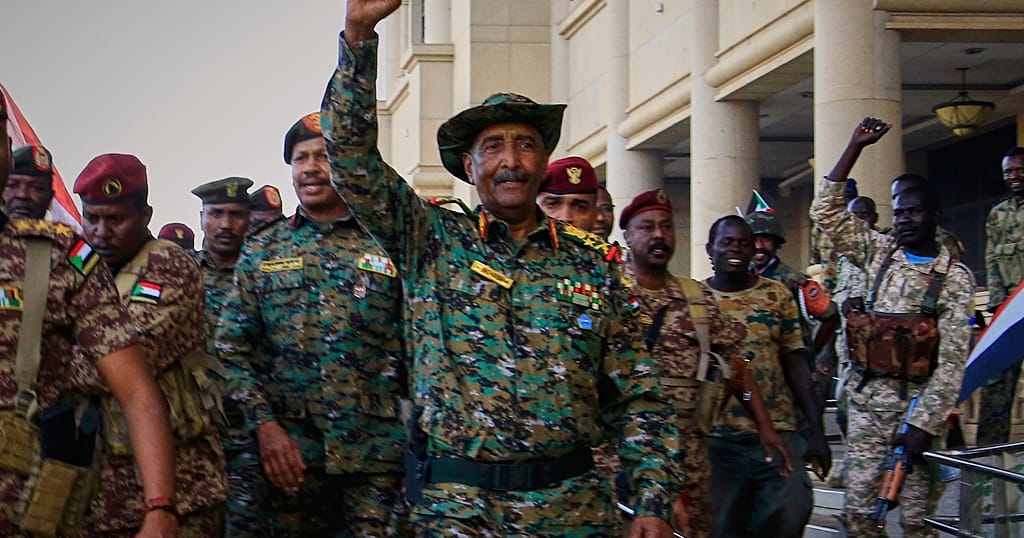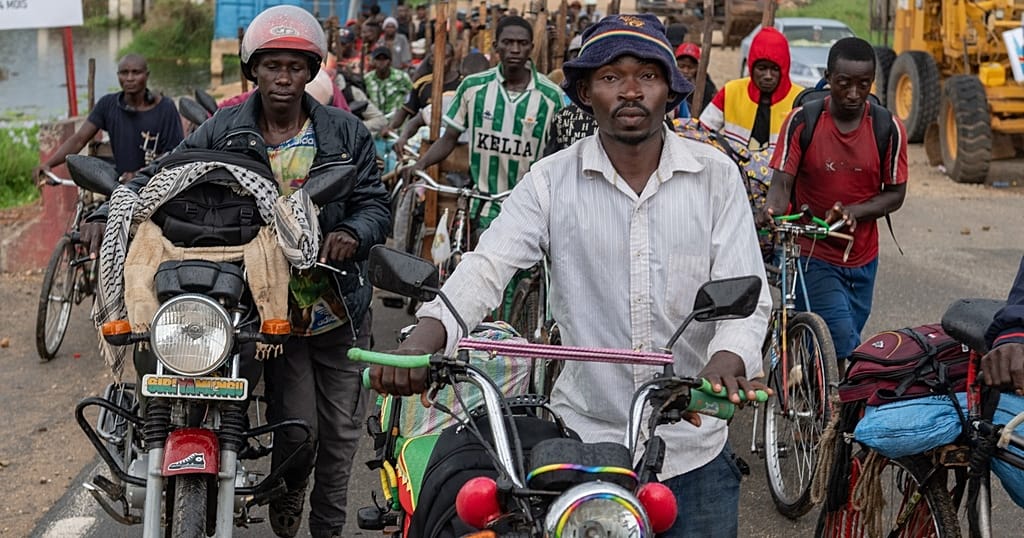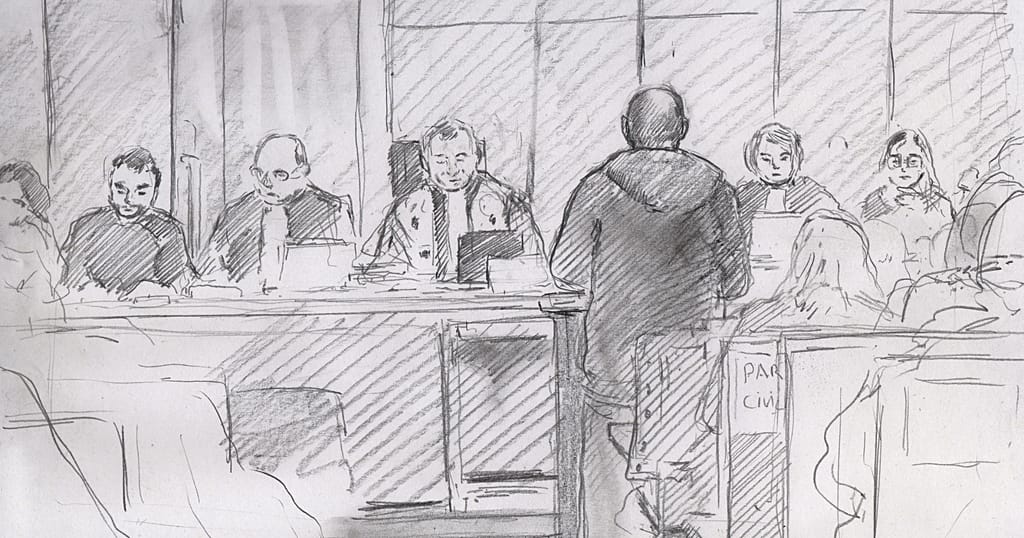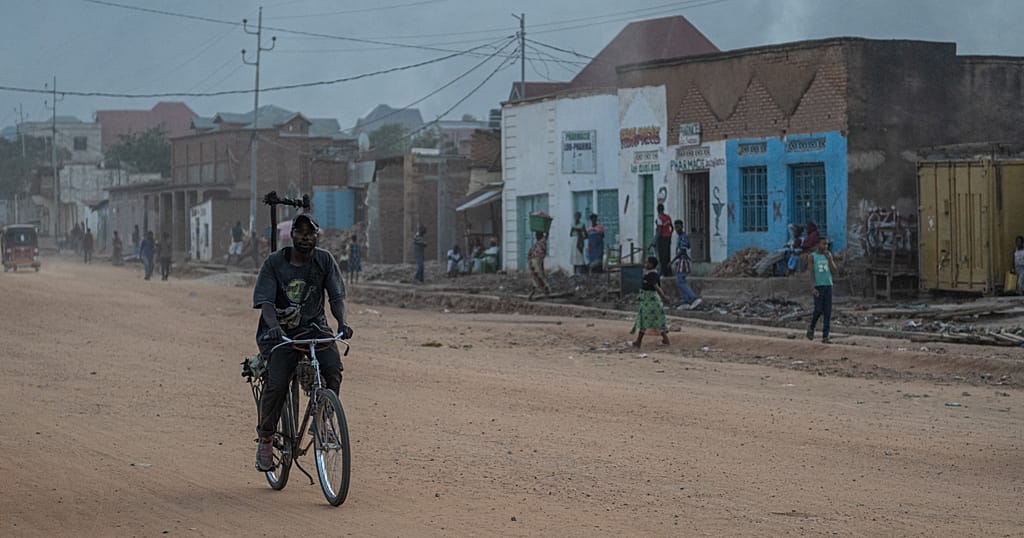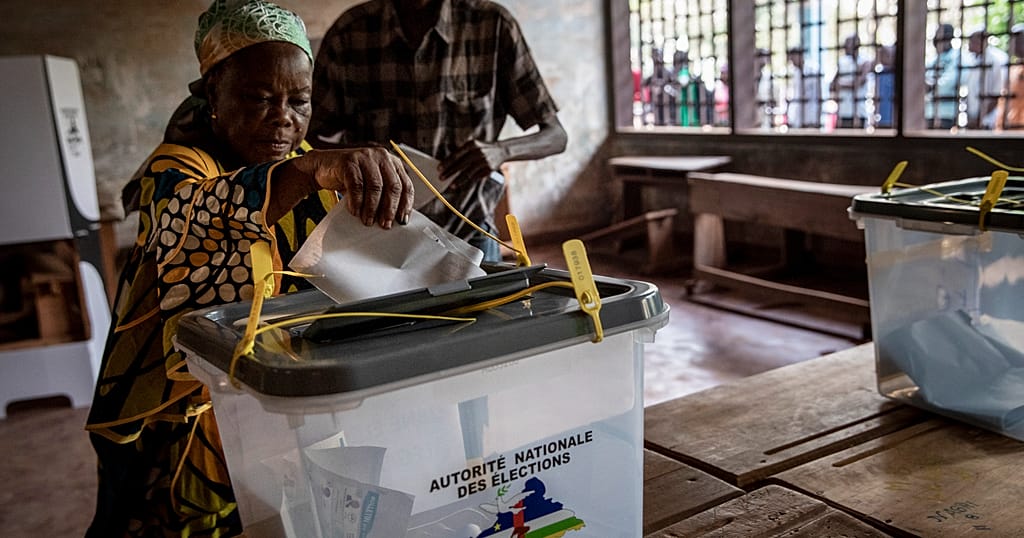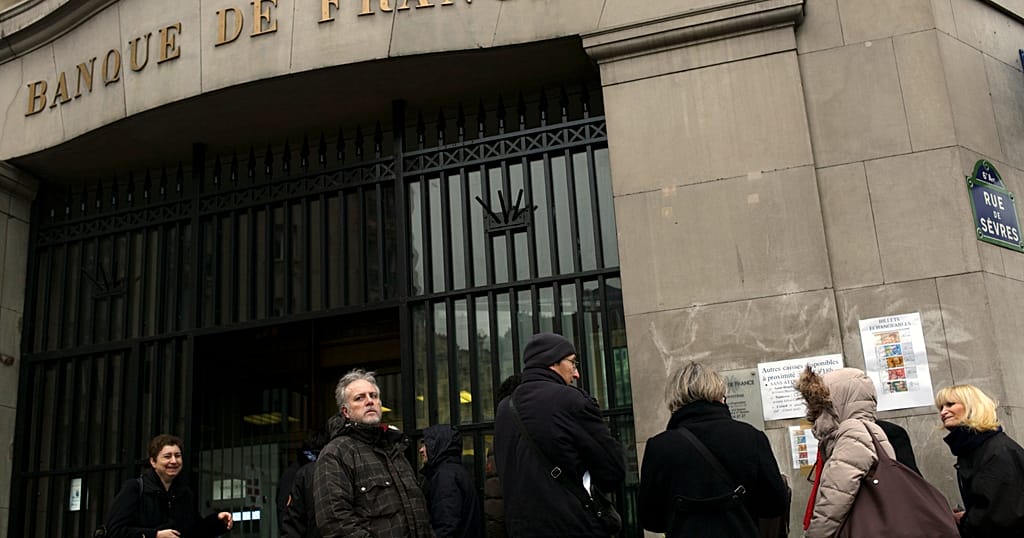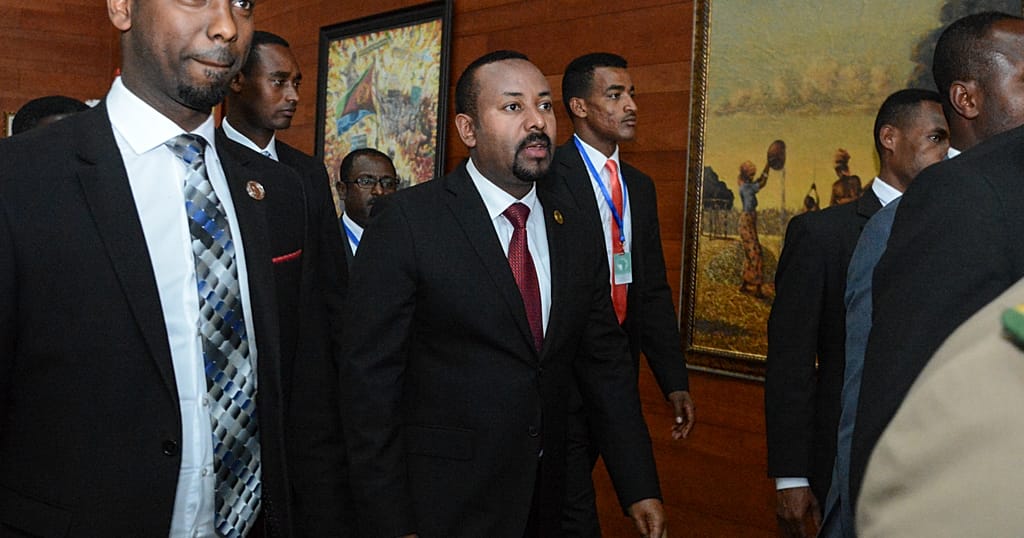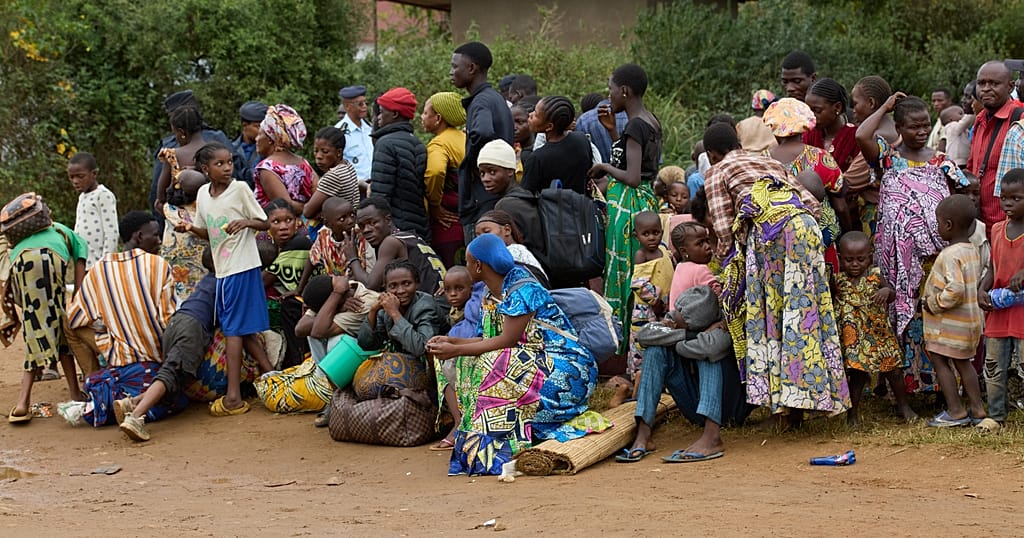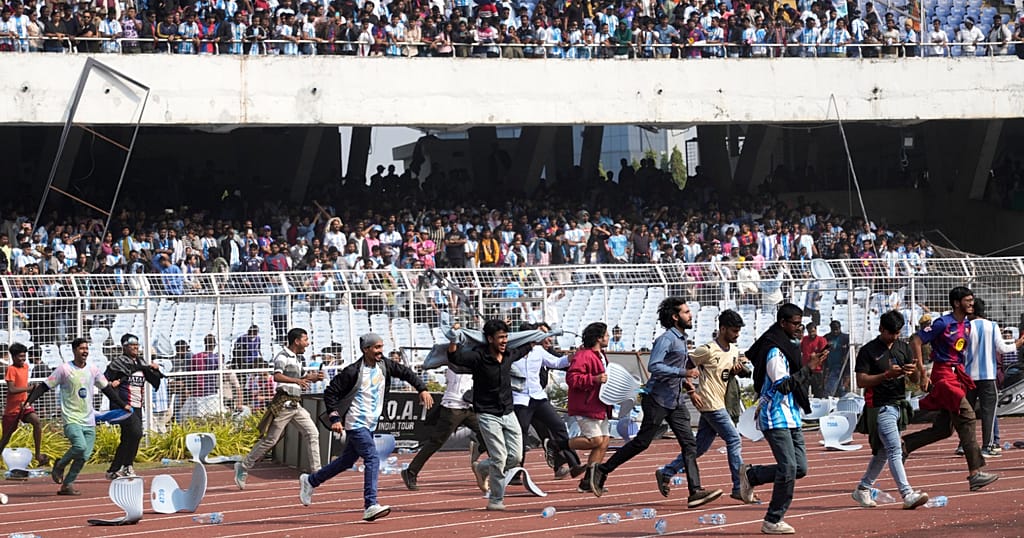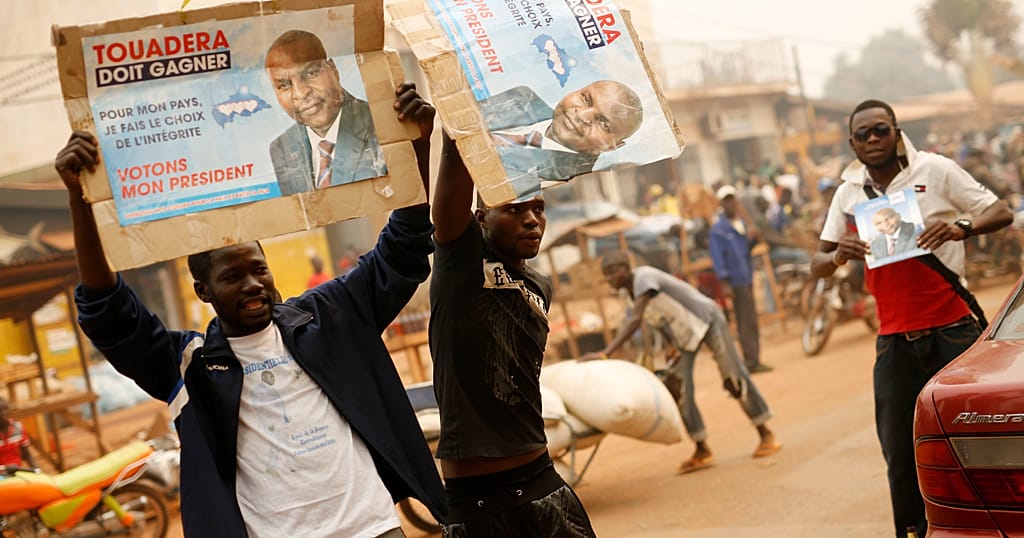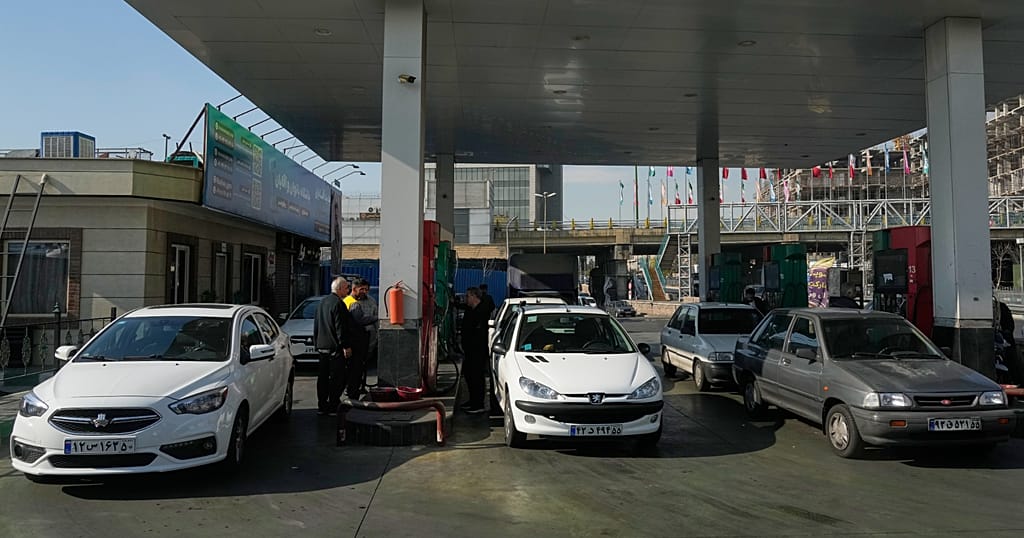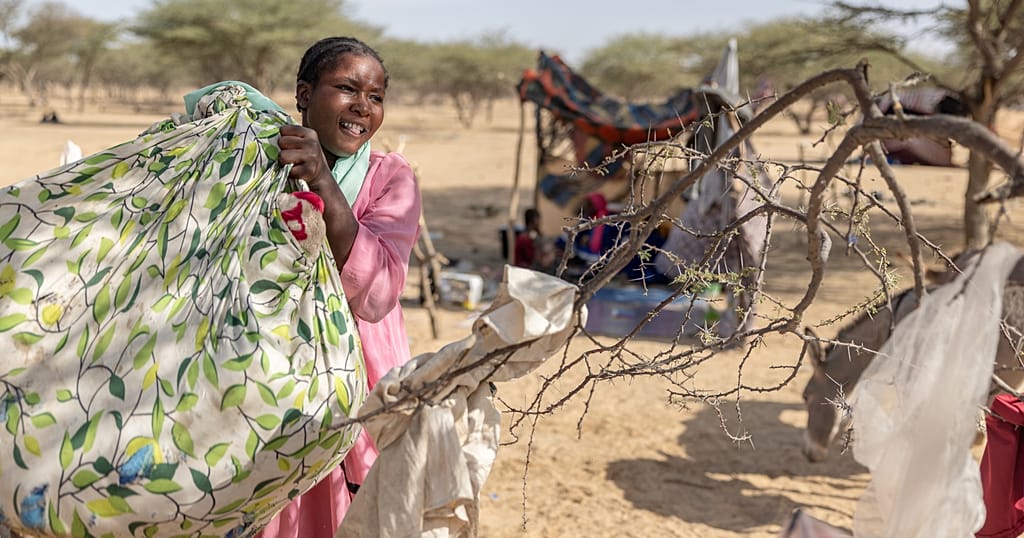IFAD calls for urgent action to tackle desertification
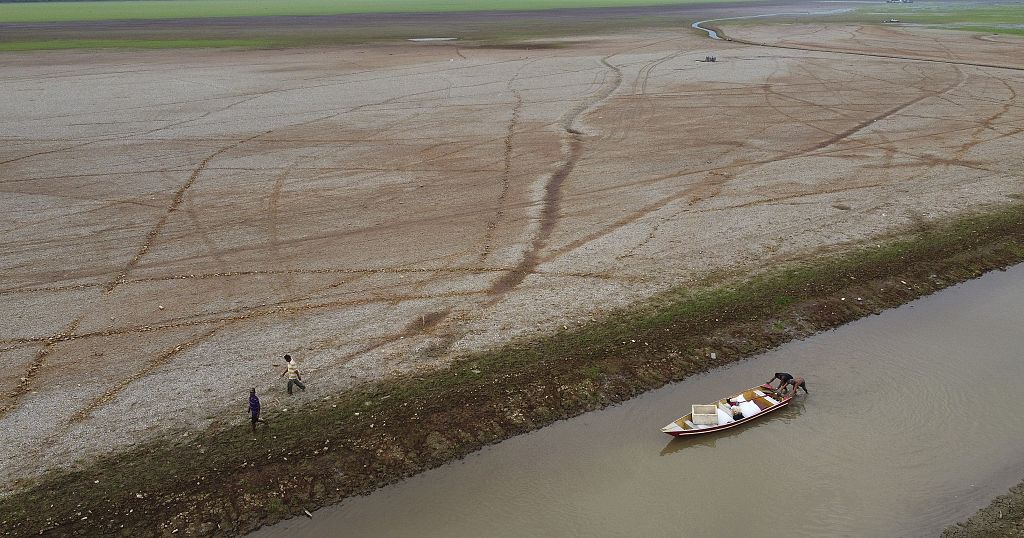
The UN’s International Fund for Agricultural Development (IFAD) is calling for urgent investments to empower small-scale farmers to tackle land degradation and desertification, and contribute to safeguard the planet’s food security, climate and ecosystems, as the sixteenth Conference of the Parties (COP16) of the United Nations Convention to Combat Desertification (UNCCD) takes place in Riyadh, Saudi Arabia this week.
IFAD’s President Alvaro Lario is in Riyadh to advocate for small-scale farmers and producers who are dealing with the destructive impact of drought and desertification which threatens the livelihoods of an estimated 1.5 billion people worldwide.
Recent drought in East Africa was the worst in over 40 years and In North Africa.
The Sahel, which holds back the Sahara to the north, has shifted up to 200 kilometres southward over the past three decades.
This year, Zimbabwe has endured the worst drought in living memory, forcing its President Emmerson Mnangagwa to declare a country-wide state of disaster.
IFAD has been supporting one project which is helping thousands of farmers remain resilient and grow crops despite the limited rainfall.
Poor rainfall has seen at least 40 per cent of farmers experiencing complete crop failure due to this year’s El Nino induced drought- the worst in living memory.
Many small-scale farmers in the country rely on rainfed agriculture. Even for those who have irrigation, poor infrastructure and broken pipes and canals were hampering their efforts to grow any crops.
An estimated population of 6 million are expected to be food insecure in Zimbabwe during 2024-2025 lean season (January to March).
The Smallholder Irrigation Revitalization Programme, or SIRP, is trying to restore irrigation schemes across Zimbabwe, benefiting over 27,000 rural households.
The project funded by the UN’s International Fund for Agricultural Development (IFAD) and the government of Zimbabwe aims to improve climate resilience and food security.
IFAD’s President Alvaro Lario will be among leaders who are attending COP 16 in Riyadh this week. He says small-scale farmers should be at the heart of discussions, as they are the farmers most impacted by these shocks, which in turn affects millions of others as they produce 40 percent of the world’s food, 60percent in Africa.
“The world 500 million small farms are the backbone of our global food systems, they’re the ones that are bearing the brand of climate change. They’re the most vulnerable and the least preferred investing in them is a prerequisite is we want to keep food security.”
At COP16, IFAD will highlight the consequences of the lack of investment in food security, overcoming poverty and increasing stability.
Small-scale farmers’ food production is essential for economic stability in many developing countries where agriculture drives GDP.
In addition to the human and economic costs, land degradation and climate change could force up to 700 million people to migrate by 2050
Source: Africanews


